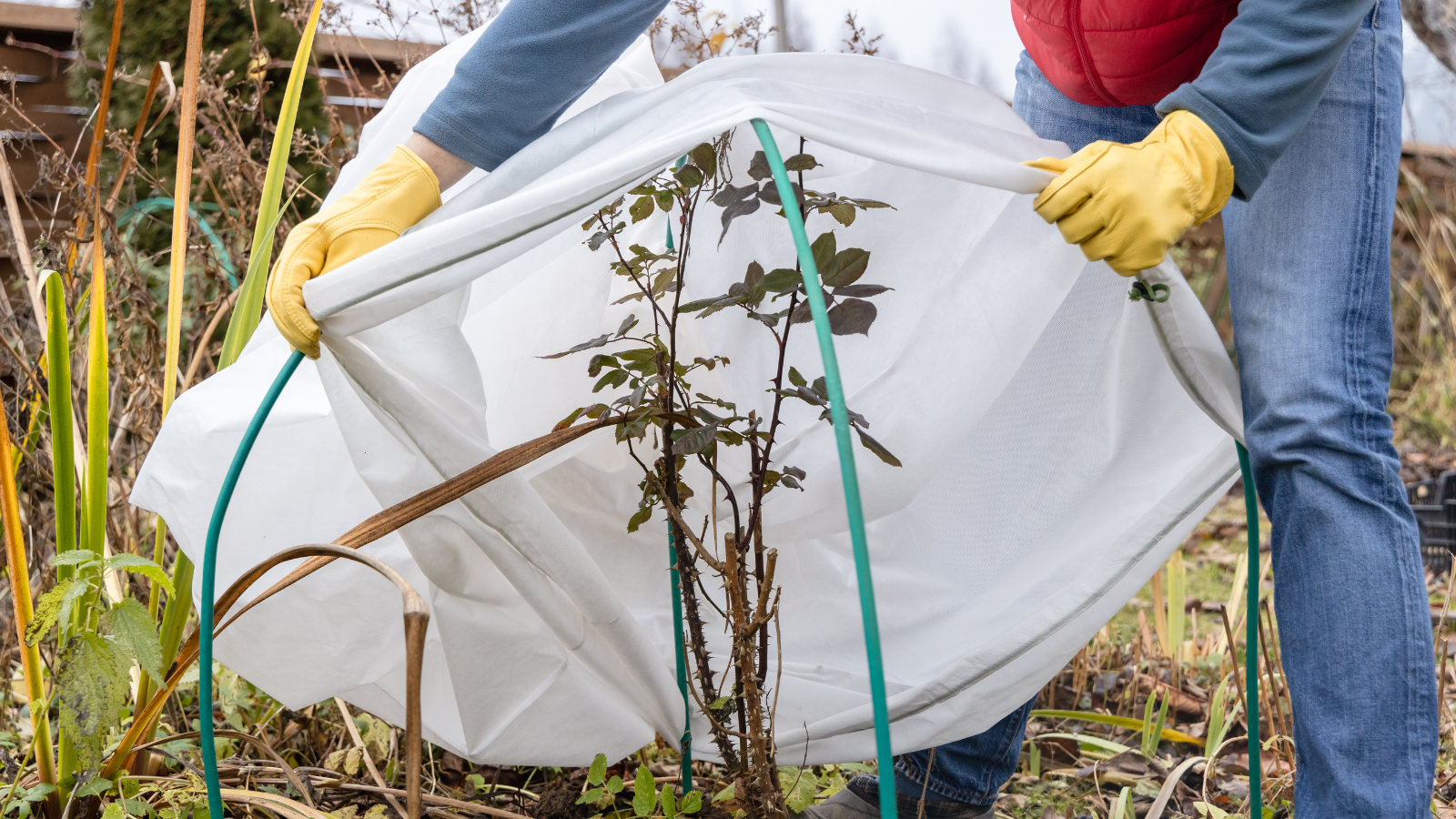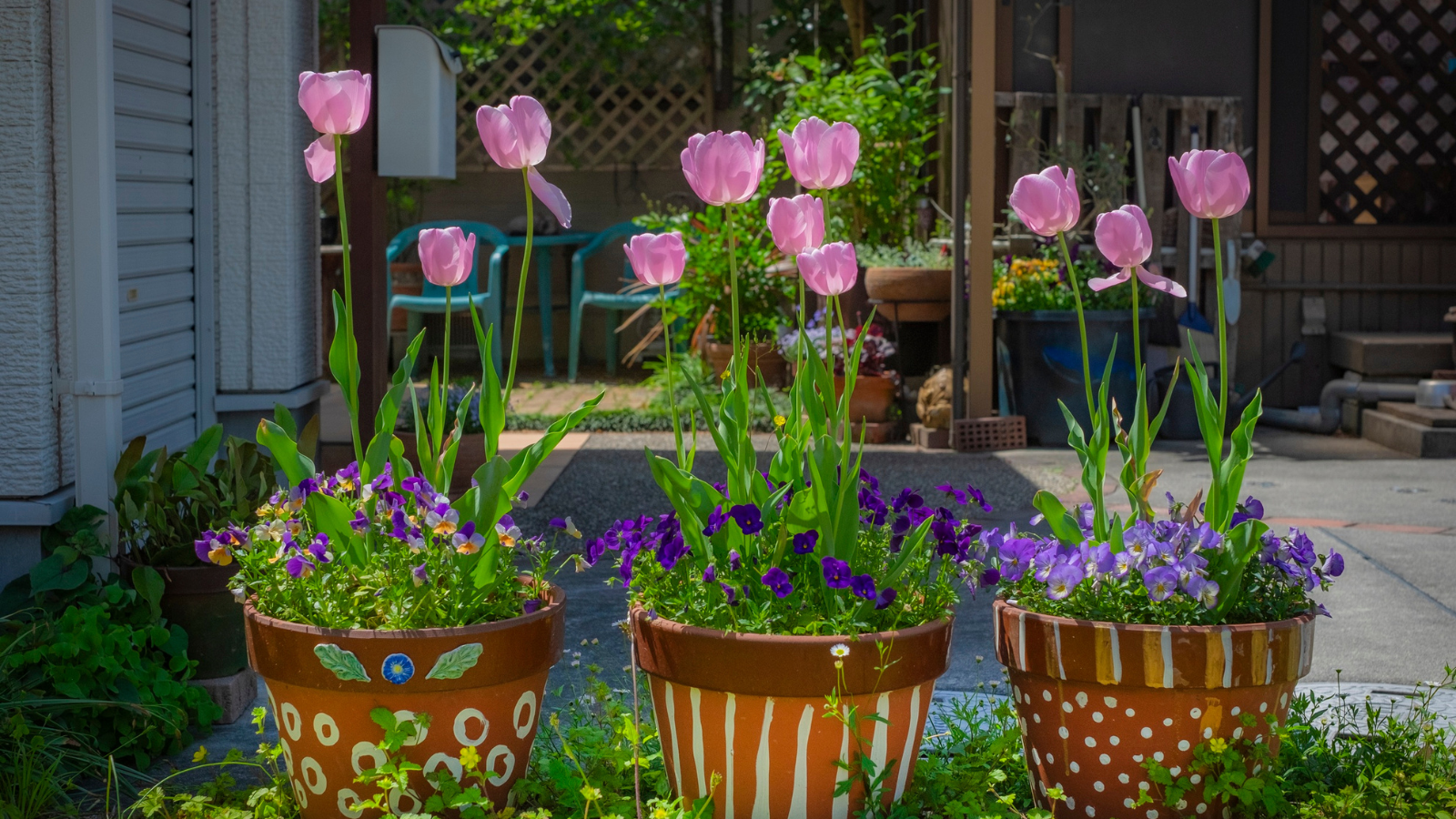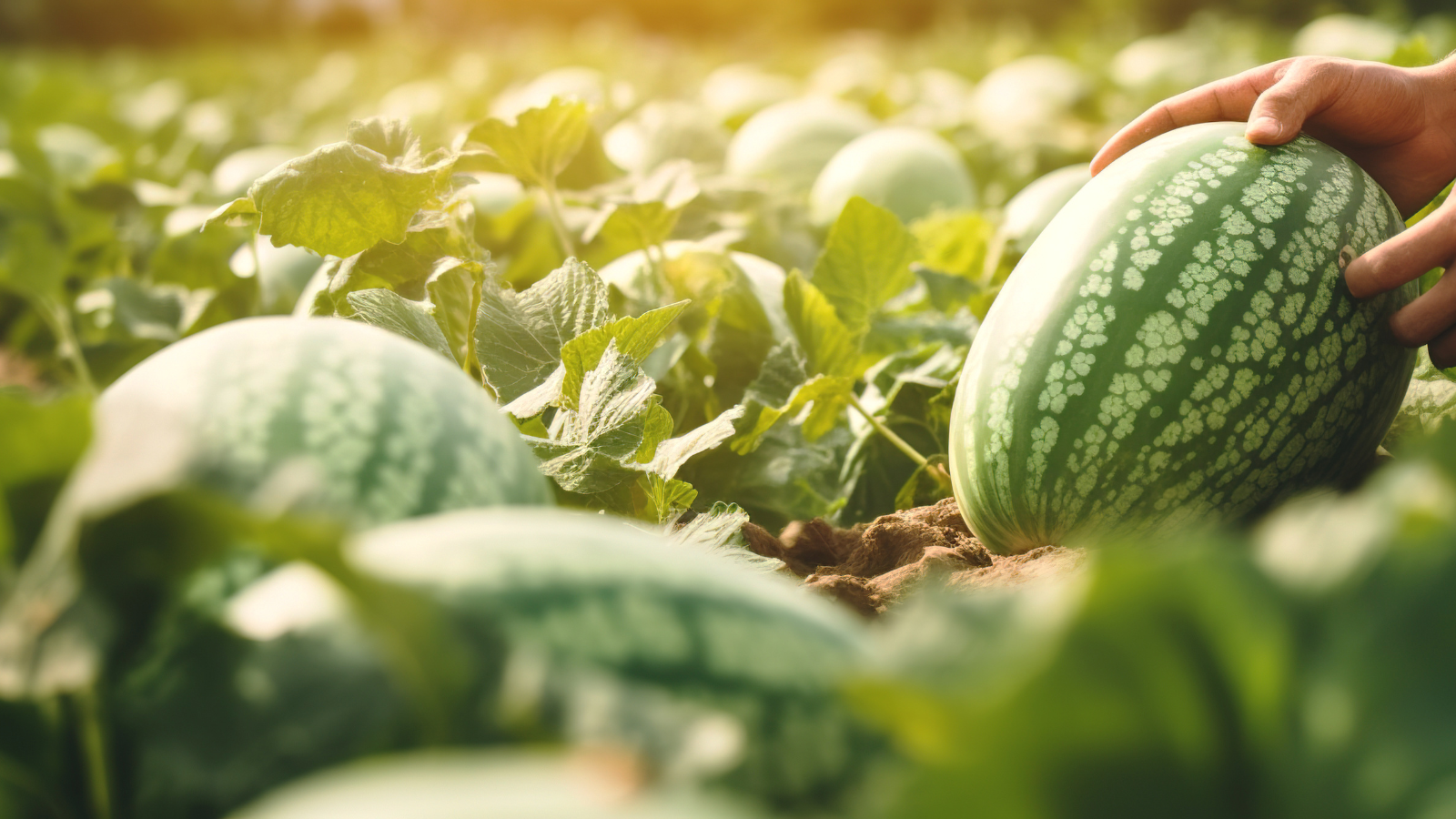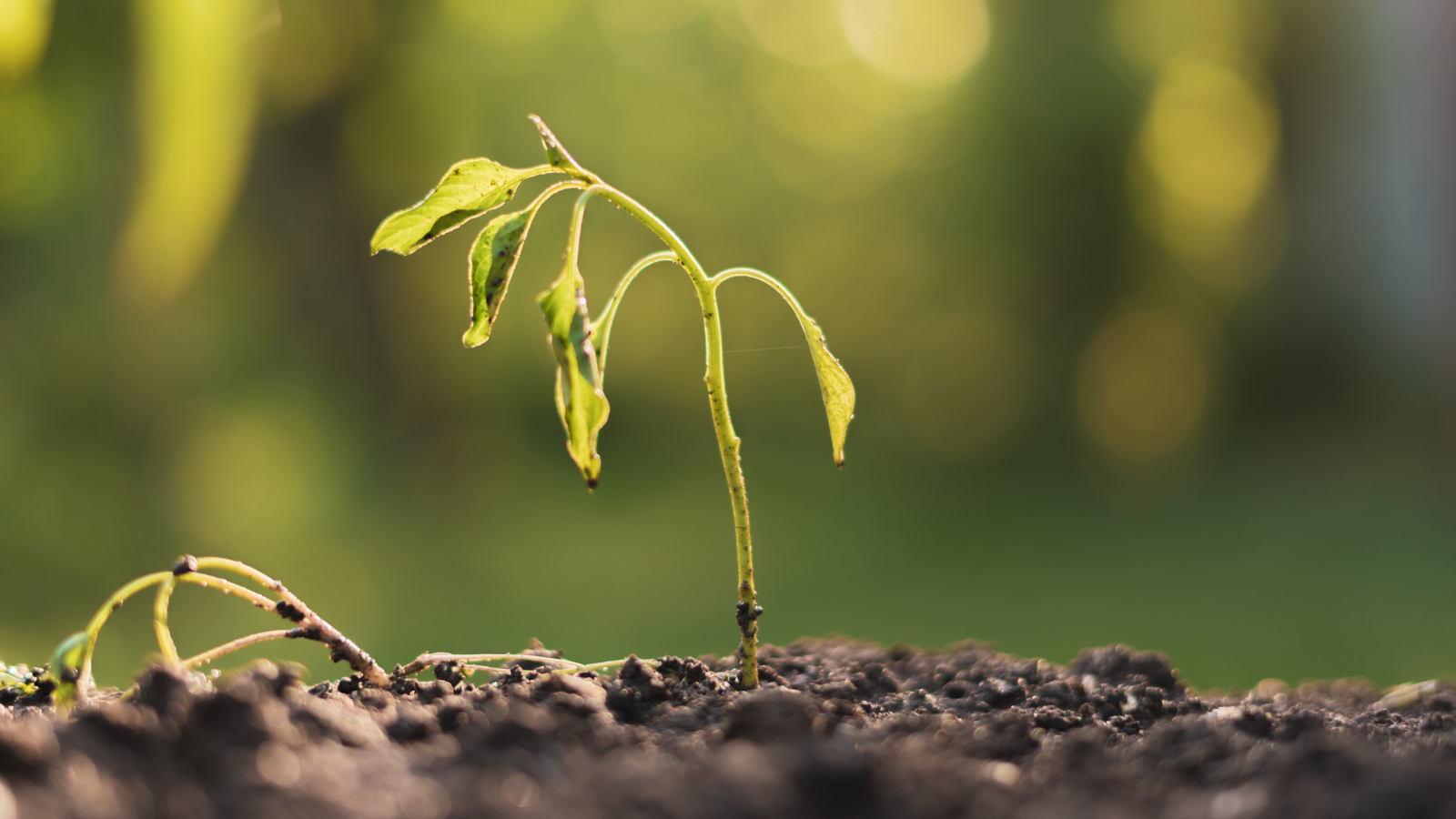As the leaves turn and the temperatures begin to drop, gardeners face a crucial challenge: preparing their plants for the harsh winter months.
One of the most important steps in this process is winterizing fertilizers. This practice ensures that your plants’ roots remain healthy, resilient, and ready to thrive when spring returns. But what exactly is winterizing, and how does it work?
Let’s dive into the science behind it and explore how GS Plant Food fertilizers can make this process more effective.
Understanding Winter Stress on Plants
During winter, plants face several stressors, including frost, ice formation, and freezing soil temperatures. These conditions can damage the delicate root systems that are essential for nutrient absorption.
Unlike the above-ground parts of a plant, which often die back in cold weather, roots remain active to some extent. They need a stable supply of nutrients to survive and recover quickly once the soil warms up.
Without proper preparation, roots can become dehydrated, susceptible to disease, or even die from frost damage.

This is where winterizing fertilizers come in—they provide the nutrients necessary to strengthen roots and improve overall plant resilience.
How Winterizing Fertilizers Work
Winterizing fertilizers differ from regular fertilizers in a few key ways:
Slow-Release Formulation
Slow-release fertilizers, such as those offered by GS Plant Food fertilizers, gradually provide nutrients over time.
This controlled release ensures that plants receive consistent nutrition during the cold months without the risk of over-fertilization, which could harm roots.
Balanced Nutrient Composition
Winterizing fertilizers typically contain higher levels of potassium and phosphorus, which are crucial for root health. Potassium improves cold tolerance, while phosphorus supports strong root development.
GS Plant Food fertilizers are carefully formulated to deliver this optimal nutrient balance, giving plants the best chance to withstand frost.
Stress-Reducing Additives
Some winter fertilizers include additives that enhance root resilience, such as humic acids and amino acids.

These compounds improve nutrient uptake, boost soil microbial activity, and increase the plant’s natural defenses against environmental stress.
The Science Behind Winterizing Fertilizers
Winterizing fertilizers work by delivering a specific nutrient balance focused on root strength rather than top growth.
Here’s what makes them different:
-
Higher Potassium and Phosphorus Content – These two nutrients are vital for cold resistance and root development. Potassium regulates water within plant cells, reducing frost damage, while phosphorus supports energy transfer and root growth.
-
Low Nitrogen Levels – Excess nitrogen promotes soft, green growth that’s easily damaged by frost. Winter fertilizers intentionally limit nitrogen to redirect plant energy underground.
-
Slow-Release and Organic Sources – Controlled nutrient release ensures consistent feeding through dormancy. Organic blends, like those from GS Plant Foods, improve soil structure and microbial activity—essential for long-term health.
Recommended GS Plant Foods Products for Winterizing
If you’re preparing your garden for winter, here are some excellent GS Plant Foods fertilizers designed to support strong root systems and soil vitality:
-
GS Plant Foods Root Ruckus! – A powerful blend of humic acids, seaweed extract, and molasses. It improves root strength, enhances nutrient uptake, and increases soil microbial activity—ideal before winter dormancy.

-
GS Plant Foods Organic Fish & Kelp Blend – A cold-processed fertilizer rich in trace minerals and amino acids. It feeds roots naturally and helps plants develop thicker cell walls, which resist frost damage.

-
GS Plant Foods Liquid Love – Perfect for lawns, perennials, and shrubs in late fall. Its balanced formula ensures plants absorb nutrients efficiently before the soil freezes.

Each of these products provides targeted nutrition that strengthens roots, builds natural defenses, and prepares soil for spring revival.
How to Apply Winterizing Fertilizers Effectively
-
Apply winter fertilizers 2–4 weeks before the first hard frost. This gives plants time to absorb nutrients and store them.
-
Moisture helps move nutrients to the root zone and prevents frost heaving.
-
A 2–3 inch layer of organic mulch keeps soil temperatures stable and prevents nutrient loss.
-
A moderate application supports winter survival without stimulating tender growth.
Why Choose GS Plant Food Fertilizers
GS Plant Food stands out for its eco-friendly formulations, organic ingredients, and scientifically balanced blends that work with nature—not against it.
Every product enhances soil microbiology and promotes deeper, stronger root systems, which are key to surviving winter stress.
Whether you’re caring for a vegetable garden, fruit trees, or ornamentals, GS Plant Food fertilizers provide the foundation for healthier, more resilient plants year-round.
Benefits of Using GS Plant Food Fertilizers for Winter Preparation
When it comes to preparing your garden for winter, choosing a high-quality fertilizer makes all the difference.
GS Plant Food fertilizers offer several advantages:
-
By supplying essential nutrients like potassium and phosphorus, these fertilizers fortify roots against freezing temperatures.
-
Slow-release formulations encourage a balanced microbial environment, supporting long-term soil fertility.
-
Even during dormant periods, plants continue to receive the nourishment they need to emerge strong in spring.
-
GS Plant Food fertilizers are designed for easy application, making winter preparation straightforward for both home gardeners and professional landscapers.
Tips for Winterizing Your Plants
To maximize the benefits of winter fertilizers, consider these practical steps:
- Apply your winterizing fertilizer a few weeks before the first expected frost. This allows nutrients to penetrate the soil and reach the roots effectively.
- After applying fertilizer, water your plants deeply. Moist soil helps nutrients move down to the roots and reduces the risk of frost heaving, which can lift plants out of the ground.
- Adding a layer of mulch helps insulate the soil, maintain moisture levels, and protect roots from extreme temperature fluctuations.

- Not all fertilizers are suitable for winter use. Products like GS Plant Food fertilizers, designed specifically with root protection in mind, are ideal for ensuring plant survival through the cold season.
Conclusion
Winterizing fertilizers are a vital tool for any gardener who wants to protect their plants from frost damage and support healthy root development.
By understanding the science behind these fertilizers and choosing high-quality products like GS Plant Food fertilizers, you can give your garden the best chance to survive winter and flourish in spring.
With the right preparation, your plants won’t just survive—they’ll thrive.
Winter may be harsh, but your roots can stay strong, nourished, and ready for the growing season ahead.






Share:
Common Mistakes When Using Fertilizers and How to Avoid Them
Indoor Plant Care: Creating a Winter Garden at Home